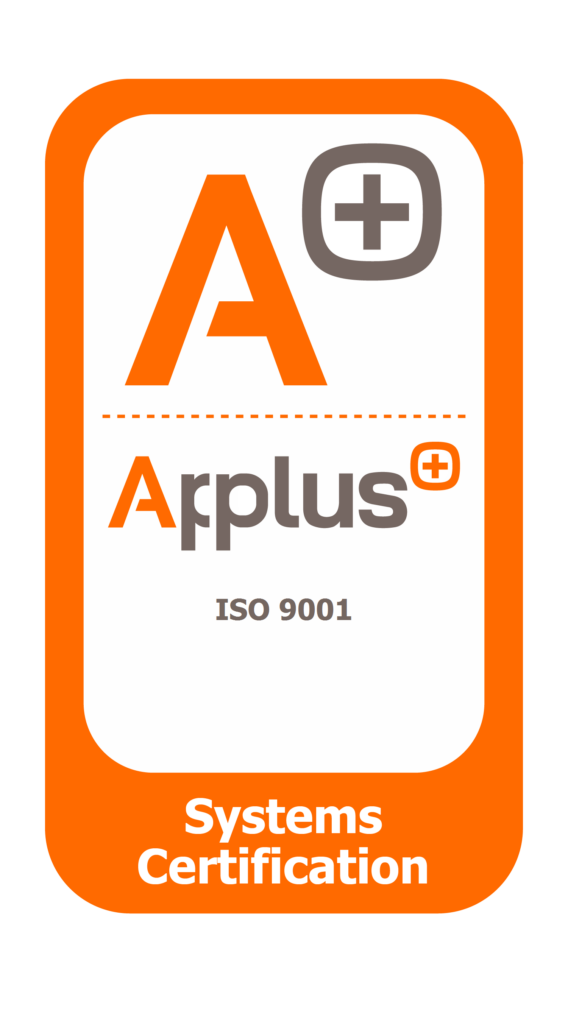
The Internet of Things is spreading at exponential speed in the corporate world and transforming not only the way they work but also the very nature of their business.
However, bringing an IoT project to life can be very complex, especially when the technology is not the core business of the company.
Many companies would tend to rush into it without taking into account all the parameters involved.
In terms of IoT platforms in particular, many solutions exist, and it is sometimes difficult to find your way around.
What is an IoT platform?
The purpose of an IoT platform is to facilitate communication between objects and machines, to ensure the management of the various peripherals and communication protocols, to upload data flows, and to enable the creation of new value-added applications for companies.
It provides the link between the connected object, the communication gateway, the stored data and the software applications. It allows to manage on a single interface the sensors and connected objects scattered everywhere, the information feedback, and the redirection of these captured data to data management interfaces and other third party applications.
Find out in this article how an IoT platform can really help your business grow
5 Key criteria to consider when choosing an IoT platform
-
Connectivity management
Technology agnosticity is a first essential element to consider!
Today, communication protocols are evolving and multiplying. In fact, it is imperative for an IoT platform to be able to manage all of these networks (3G/4G, LoRa, Sigfox, LTE-M, Narrow Band, etc.) and all of the solutions that enable objects to be connected.
It is therefore essential today that an IoT platform supports a wide choice of communication standards.
2. Device management
Just as the number of communication protocols is constantly evolving, the models of sensors and connected objects are multiplying and diversifying too!
The IoT platform must therefore allow to connect all these heterogeneous devices on a single interface.
The large volume of objects is also to be taken into account and it is then important to be able to create interactions between all these different objects without constraints. Interoperability is therefore an essential criterion when choosing a platform.
3. Data visualization
Another major point of IoT platforms is their ability to store, analyze and redirect data from objects to visualization interfaces.
To do this, it is necessary to take into account the quality of the algorithms used to analyze the data, the different dashboards that can be created to visualize the information…
Indeed, the platform allows to capture the raw data to restitute them in the form of intelligent information, it is therefore also important that it offers a personalized and optimized user experience to adapt to the needs of each of its customers.
4. Security of objects and data
Another essential criterion is of course the security and confidentiality of the data, and this from end to end: from the capture to the restitution of the data.
Indeed, security is a major issue. It deals with various points such as the protection of sensitive data, preventing the hacking of information systems…
5. The degree of agility
As mentioned above, the continuous evolution of the different objects on the market is always faster. In fact, it is important that a platform allows to be agile, to work in iterative mode and to be scalable!
Thus, the platform must allow its customers to evolve quickly according to the growth of the market and their own growth.
Closed platform – ultra fast to use but with a certain rigidity – or open platform – which requires a complete customization and thus a certain time in its implementation… the solutions are numerous and it is important to test them to verify the best compatibility with your project.
At thethings.iO, a hybrid platform at the crossroads between a closed platform, ready to use and an open platform, customizable according to the needs of our customers, the response to the need is precise and fast at the start!
Request a demo


